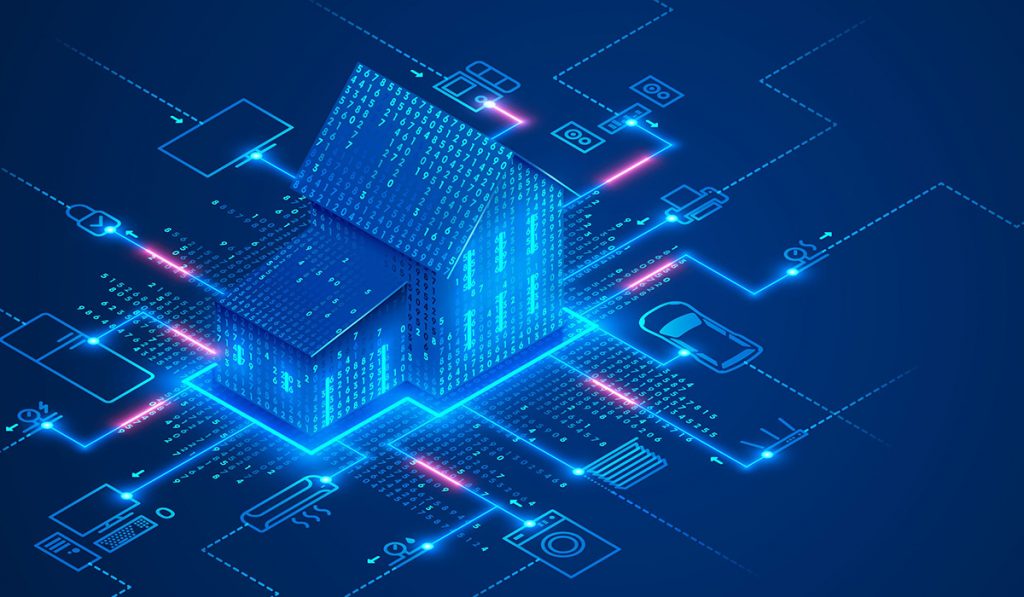 It’s impossible to attend an industry conference where the goal to centralize services is not one of the most important topics. At its core, centralization leverages technology to offload the responsibilities of various tasks to a dedicated team, increasing efficiency and streamlining processes to improve overall workflow across a portfolio. In multifamily, this allows onsite teams more time to focus on current and prospective customers, which in turn leads to a better experience for residents and prospects alike.
It’s impossible to attend an industry conference where the goal to centralize services is not one of the most important topics. At its core, centralization leverages technology to offload the responsibilities of various tasks to a dedicated team, increasing efficiency and streamlining processes to improve overall workflow across a portfolio. In multifamily, this allows onsite teams more time to focus on current and prospective customers, which in turn leads to a better experience for residents and prospects alike.
By now bringing in many repetitive processes to a central team, there is an opportunity to add advanced technology solutions that may have previously been cost prohibitive when decentralized to remote locations.
The first piece of technology that will become more prevalent with centralizing property operations is Robotic Process Automation (RPA). To take advantage of RPAs, there has been a need to find highly repetitive tasks and training software to replicate the user’s steps. In the past, when tasks were spread across various locations, the volume never reached a level where RPAs could be effective. Some key areas that have been identified in which RPAs can make an immediate impact are keying in data from disparate systems where integration does not exist or items such as coding invoices.
By centralizing operations, companies will have an increased ability to standardize tech processes and solutions across their organization. As any IT professional can share, the use of non-standard software systems is a common problem that exists in many organizations. Bringing more processes within the corporate environment will allow companies to ensure that recommended and optimized systems are being used to complete the job requirements.
In addition, having all these processes managed centrally by a team concentrating on these functions full-time will allow for more proactive feedback in terms of enhancing the process. Additionally, organizations should be able to strengthen their data integration between systems and even glean more information from it.
A logical next step will be to add an Artificial Intelligence and machine-learning component on top of the data being processed to help identify trends. The goal will be to not only use this data for descriptive analytics (data showing what’s already happened) and predictive analytics (data showing what’s going to happen) but to proactively provide prescriptive analytics, which is data that informs teams how to rectify future problems before they occur.
As an organization starts researching and implementing centralization, it’s important to ensure the technology department is a key part of this equation. The goal should not be to just replicate processes being done remotely, but to help find innovative platforms and solutions that will integrate with systems and help centralize operations easier. This will allow organizations to scale and is critical for laying the proper groundwork to continue evolving efficiencies and ensuring associates are spending their time doing what they do best.
Scott Pechersky is chief technology officer at RPM Living, a full-service multifamily management company offering an innovative and personalized approach to real estate services, including management, investment and development.











